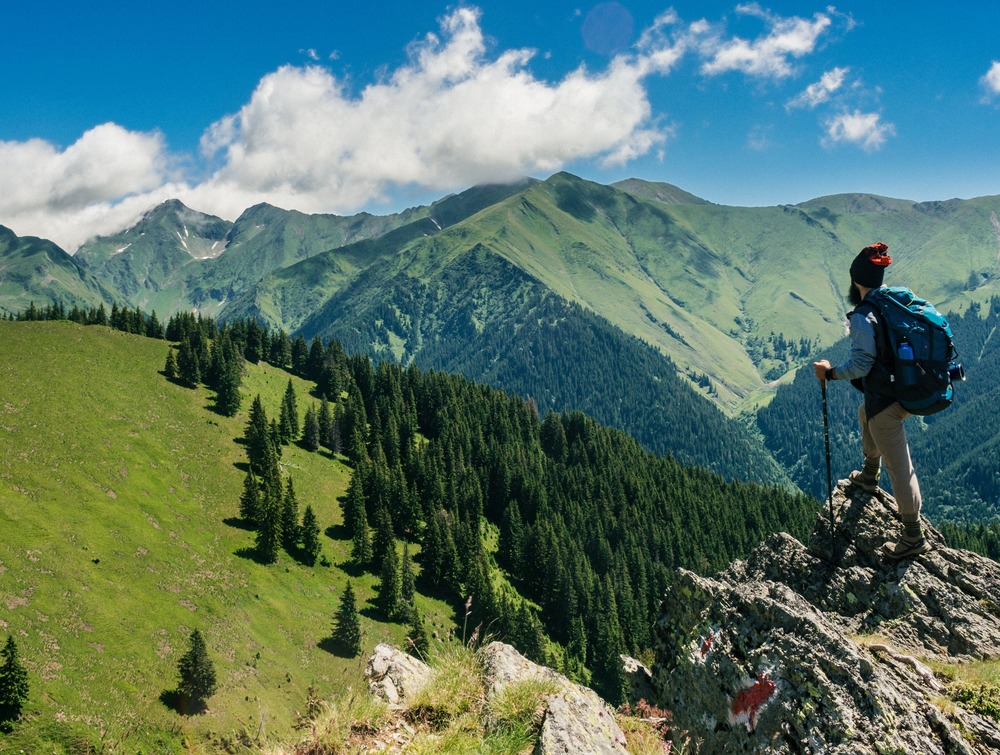When it comes to the great outdoors, few activities offer the thrill and serenity of hiking. The feel of the earth beneath your feet, the fresh mountain air, and the stunning vistas can be truly intoxicating. But before you embark on your next hiking adventure, it’s crucial to take a step back and evaluate your abilities realistically.
Overestimating you’re hiking prowess can lead to dangerous situations, accidents, and even emergency rescues. In this guide, we will shed light on the importance of accurately assessing you’re hiking abilities. So, sit back and read on about, overestimating your abilities, don`t get caught out. Let`s get started.
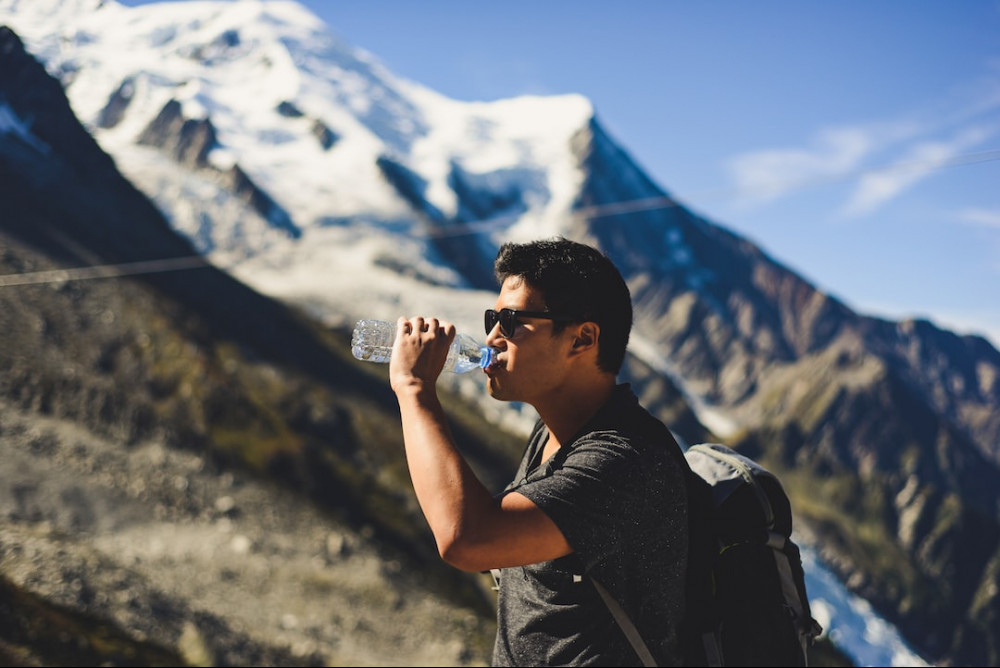
What Are The Most Common Mistakes First-time Hikers Make?
First-time hikers often make several common mistakes, which can impact their safety and overall enjoyment of the hiking experience.
Here are some of the most frequent errors:
Underestimating the Trail
Novice hikers may choose a trail that is too challenging for their fitness level or experience. It’s crucial to research and select a trail that matches your abilities.
Inadequate Planning
Failing to plan adequately is a common mistake. This includes not checking the weather forecast, not informing someone of your plans, or not bringing a map and compass.
Overpacking
On the flip side, some beginners tend to overpack, carrying unnecessary gear and making their backpacks too heavy. Packing efficiently is essential to prevent exhaustion.
Improper Footwear
Wearing the wrong type of footwear, such as sneakers instead of hiking boots, can lead to discomfort and even injury. Invest in appropriate footwear for the terrain and avoid those irritating blisters.

Neglecting Hydration and Nutrition
Not drinking enough water or bringing sufficient snacks can lead to dehydration and low energy levels. Stay hydrated and carry enough food for the hike.
Not Dressing for the Weather
Failing to dress in layers or not bringing rain gear can leave hikers vulnerable to changing weather conditions.
Ignoring Safety Precautions
Not following basic safety guidelines like staying on marked trails, avoiding dangerous wildlife, and being cautious around cliffs and steep terrain can be risky.
Lack of Navigation Skills
Getting lost is a common mistake. Learn basic navigation skills like reading a map and using a compass or GPS device.
Ignoring Leave No Trace Principles
Beginners may not be aware of the importance of Leave No Trace principles, such as packing out all trash, staying on designated trails, and respecting wildlife and other hikers.
Rushing
Trying to cover too much ground too quickly can lead to exhaustion and missed opportunities as well as injury. Take your time and enjoy the journey.
Not Listening to Your Body
Ignoring signs of fatigue, pain, or discomfort can lead to painful injuries. Pay attention to your body and take breaks when needed.
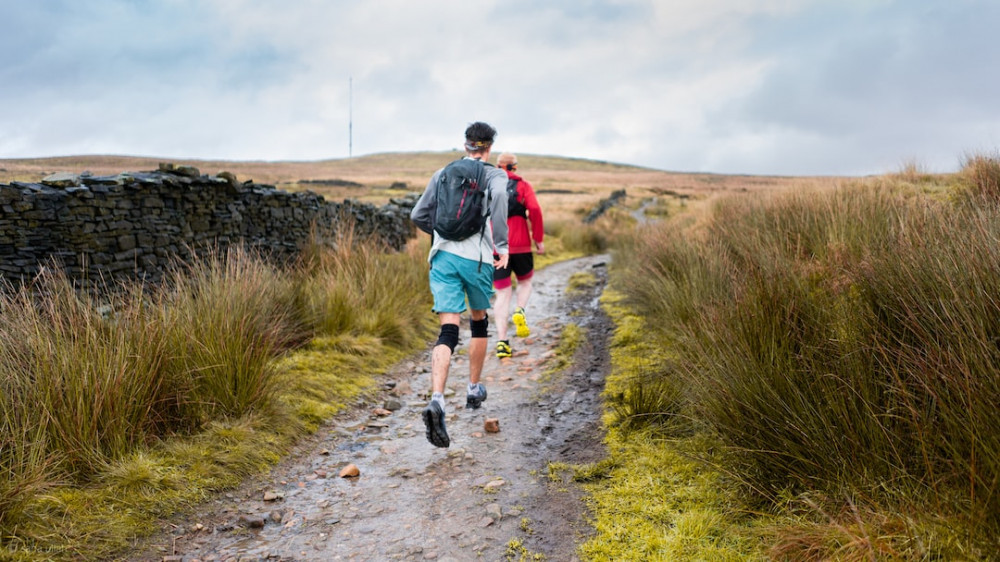
Overestimating Fitness Level
Some beginners overestimate their fitness level and attempt hikes that are too strenuous. It’s essential to start with easier hikes and gradually progress.
Forgetting First Aid
Not carrying a basic first aid kit can be a significant oversight. Be prepared for minor injuries or emergencies.
Not Being Prepared for Emergencies
Failing to carry essentials like a flashlight, whistle, and a fully charged phone can leave you unprepared in case of emergencies.
Not Checking Park Regulations
Many hiking areas have specific rules and regulations, such as permit requirements or restricted areas. Ignoring these can lead to fines or removal from the trail.
To have a safe and enjoyable hiking experience, it’s crucial for first-time hikers to educate themselves, plan ahead, and be mindful of their abilities and the environment they are exploring. Learning from these common mistakes can help ensure a successful hiking adventure.

The Allure of Hiking
Hiking is a pursuit that beckons to people from all walks of life. Whether you’re a nature lover, an adrenaline junkie, or simply someone looking to disconnect from the chaos of urban life, hiking has something to offer. The prospect of conquering challenging trails, reaching breath-taking viewpoints, and exploring the uncharted wilderness is enticing.
The Hazards of Overwhelming Self-Assurance
While enthusiasm is a great driving force, overconfidence can be a perilous companion on the trail. Many hikers, especially beginners, tend to overestimate their abilities. This overestimation can lead to a series of unfortunate events, including:
Inadequate Preparation
Overestimating you’re hiking abilities often leads to inadequate preparation. You might embark on a challenging hike ill-equipped, both mentally and physically. This can result in discomfort, injuries, or worse.
Getting Lost
Overconfident hikers are more likely to stray off the designated path. They might believe that navigation is a breeze and disregard trail markers. Getting lost in the wilderness can be a harrowing experience, even for experienced hikers.
Exhaustion and Dehydration
Pushing yourself too hard on a hike can lead to exhaustion and dehydration. Overestimating your stamina can result in running out of water and energy, which is especially dangerous in remote areas.
Medical Emergencies
In some cases, overestimation can lead to medical emergencies. Injuries, altitude sickness, or heart problems can quickly turn a pleasurable hike into a life-threatening situation.
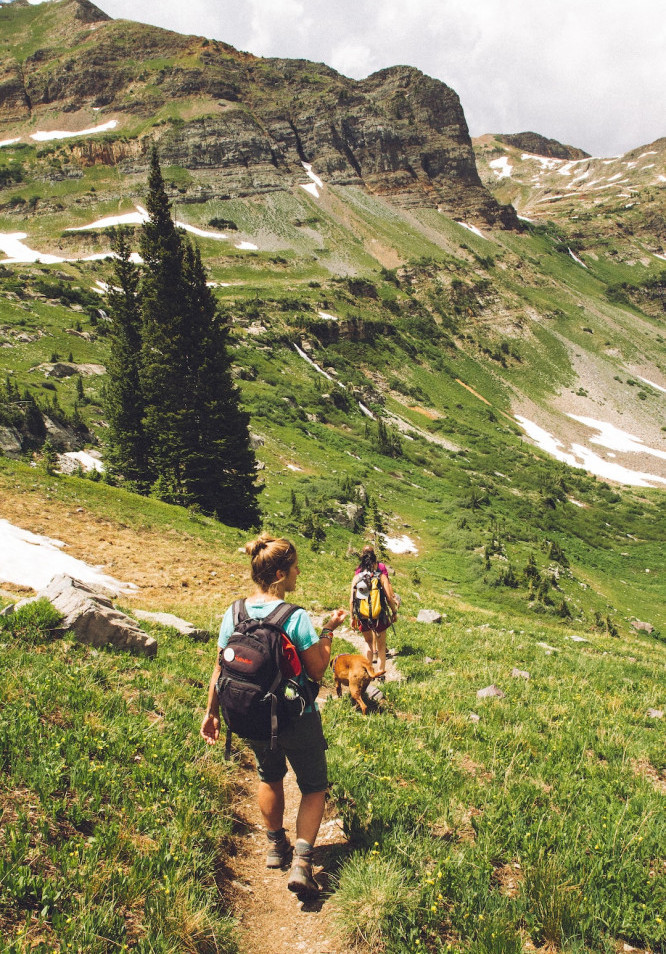
Accurate Self-Assessment: The Key to Safe Hiking
So, how can you ensure that you don’t fall into the trap of overestimating you’re hiking abilities?
Here are a few crucial actions you can consider:
Know Your Fitness Level
Before choosing a hike, honestly evaluate your physical fitness. Consider factors like your endurance, strength, and any pre-existing medical conditions. Pick a trail that matches your current abilities.
Research the Trail
Thoroughly research the trail you plan to hike. Look for information on its difficulty level, terrain, elevation gain, and any potential hazards. Reliable sources include hiking forums, park websites, and guidebooks.
Start Small
If you’re new to hiking or returning after a long hiatus, start with easy, well-marked trails. Gradually build your confidence and skills before tackling more challenging routes.
Be Realistic About Time
Calculate the time it will take to complete the hike realistically. Overestimating your speed can lead to running out of daylight, which is a common cause of accidents.
The Humility of a Safe Hike
Hiking is not just about reaching the summit; it’s about the journey itself. Embracing the humility of knowing your limits can lead to safer and more enjoyable adventures. Instead of overestimating your abilities, aim to challenge yourself incrementally. With each hike, you’ll gain experience and confidence.

How Do I Get Over My Hiking Anxiety?
Getting over hiking anxiety can be a gradual process, but it’s definitely achievable.
Here are some steps to help you overcome you’re hiking anxiety:
Start Small
Begin with easy and well-marked trails that are suited to your fitness level and experience. Shorter hikes with minimal elevation gain can be less intimidating.
Educate Yourself
Research the trail you plan to hike, including its difficulty level, terrain, and any potential hazards. Knowing what to expect can help alleviate anxiety.
Hike with Experienced Friends
Hiking with someone who is experienced can provide reassurance and guidance. They can help you navigate the trail and offer support if needed.
Plan Ahead
Make a detailed plan for your hike, including a map, emergency contacts, and a checklist of essential gear. Having good preparation can enhance your self-assurance.
Practice Deep Breathing
If you feel anxious during the hike, practice deep breathing techniques. Take a slow breath in through your nostrils, pause for a moment, and then exhale gently through your mouth. This practice can assist in soothing your nerves.
Take Breaks
Don’t hesitate to take breaks and rest when needed. It’s okay to go at your own pace and take your time to enjoy the scenery.
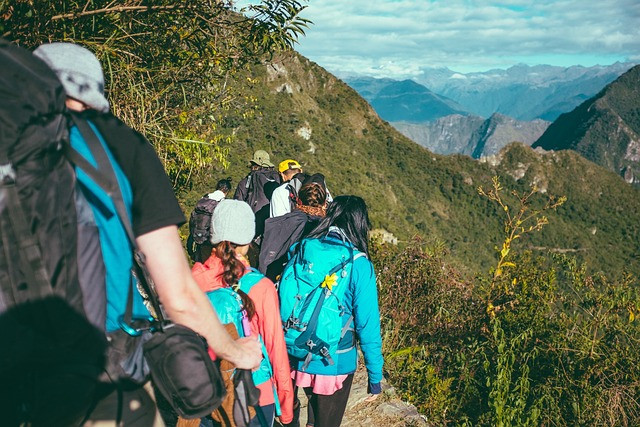
Gradual Exposure
Gradually increase the difficulty of your hikes as you gain confidence. Overcoming anxiety often involves stepping out of your comfort zone incrementally.
Practice Positive Self-Talk
Practice Positive Self-Talk by Countering Negative Thoughts with Affirmations.
Safety First
Prioritize safety above all else. Follow trail rules and guidelines, and be prepared for changes in weather or unexpected situations.
Seek Professional Help
If you’re hiking anxiety is severe and persistent, consider speaking to a mental health professional. They can provide strategies to manage anxiety and help you build resilience.
Join a Hiking Group
Joining a local hiking group or community can be a great way to meet like-minded individuals, learn from experienced hikers, and gain a sense of camaraderie.
Remember that anxiety is a common response to new or challenging experiences, and it can be overcome with time and practice. By taking small steps and focusing on your progress, you can gradually build your confidence and enjoy the beauty of hiking without anxiety holding you back.
Conclusion
In the world of hiking, overestimating your abilities is a common pitfall. However, by taking the time to accurately assess your fitness level, researching your chosen trail, starting small, and being realistic about your time, you can ensure a safe and rewarding hiking experience. Remember, it’s not about proving your prowess; it’s about enjoying the beauty of nature while staying safe.
So, before you lace up you’re hiking boots and hit the trails, take a moment to reflect on your abilities. By doing so, you’ll not only safeguard your well-being but also make the most of your outdoor adventures.


